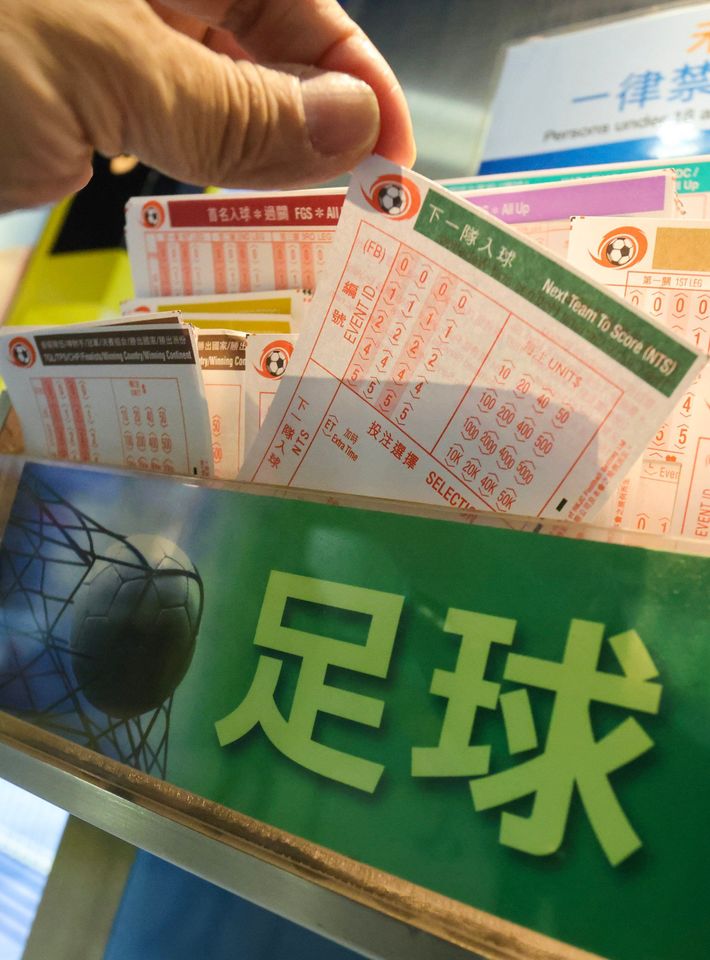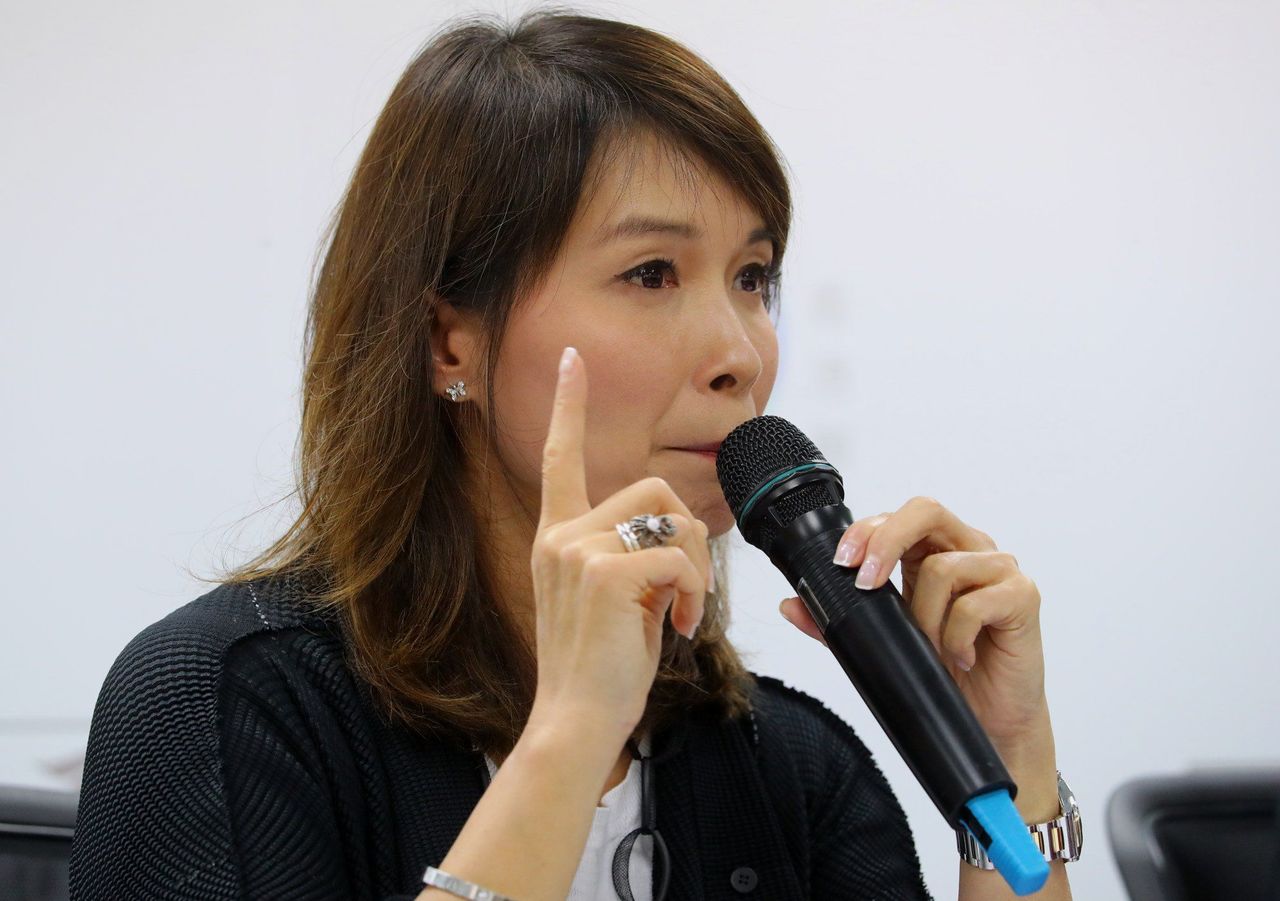Hong Kong News

Hong Kong’s women lawmakers are challenging the status quo
As we celebrate women this week, here’s to two stand-out women lawmakers.
First and foremost, cheers to trailblazer Regina Ip Lau Suk-yee, who has been smashing glass ceilings throughout her career. She was the first woman in Hong Kong to be appointed director of immigration and later secretary for security. Last year, she became the first woman since the city’s return to Chinese rule to hold the post of convenor of the Executive Council.
She founded a think tank and a political party, and has continuously challenged the system. Ahead of the 2017 chief executive election, Ip was open about her intention to run for the city’s top post, and though disappointed not to have qualified, she openly spoke out against the restrictive nature of the nomination process.
Throughout the years, she hasn’t shied away from taking a stand and holding her own. Recently, in the run-up to the financial secretary’s budget speech, Ip, and the New People’s Party which she leads, took on the Jockey Club by suggesting that the football betting duty be increased from 50 to 80 per cent. The government ended up announcing only a special annual football betting duty of HK$2.4 billion (US$306 million).
The club is, without doubt, one of the most powerful institutions in the city, being one of Hong Kong’s largest charitable organisations and its largest tax payer. It can afford to hold those distinctions because it has a government-granted monopoly on betting in the city.
The club’s reaction to the New People Party’s suggestion was over the top. The club accused Ip and her party of not knowing how the industry worked. It said raising the betting duty would cause “irreversible damage” by destroying the club’s business model, jeopardising the public interest.
Ip was right to call the response “so angry”, and it was smart of her to direct the “emotional” label, so often thrown at women to discredit and dismiss them, at the club. I’ve long lost count of how many times I’ve heard women and their words described as emotional while their male counterparts were praised for being “passionate”. One need not pick a side on the issue of betting duty to appreciate how Ip turned the tables.
 Football betting forms at a Jockey Club branch in Wan Chai.
Football betting forms at a Jockey Club branch in Wan Chai.
Then there is lawmaker Doreen Kong Yuk-foon, who has just completed her first year in office and has defied the received wisdom that the legislature under the new and improved political system is simply a rubber stamp. Clearly alert to the challenges of navigating politics in Hong Kong today, Kong has set her own political course as a member of the pro-establishment bloc who nevertheless outspokenly opposes the government.
Kong had been called a “naughty girl” – infantilising women is another commonly used discrediting tactic – for being the voice of reason and for asking completely sensible questions.
Kong queried the legal basis of the government’s decision to invalidate more than 20,000 Covid-19 vaccination exemption certificates suspected to have been issued by private doctors without holding proper consultations. The decision was legally challenged and, in the end, the High Court ruled that the government had no power to invalidate the certificates.
 Doreen Kong, elected as a member of the Legislative Council in 2021, has
made a name for herself for not always conforming to the
pro-establishment bloc’s positions.
Doreen Kong, elected as a member of the Legislative Council in 2021, has
made a name for herself for not always conforming to the
pro-establishment bloc’s positions.
For merely raising the legality issue, Kong attracted some very outlandish personal attacks. She was accused of “attention-seeking monkey play” by another lawmaker with whom she shared an office. Her swift decision to move out of that office was a show of strength that commands respect.
Remember when Secretary for Housing Winnie Ho Wing-yin politely rejected lawmaker Junius Ho Kwan-yiu’s invitation to inspect the construction of light public housing on the mainland with him?
All that the legislator’s hideous mansplaining warranted was an immediate strong take-down. Instead, the minister went on to explain herself, saying she was aware of rapid housing construction practices on the mainland. I would suggest Winnie Ho model herself after Ip and Kong.











